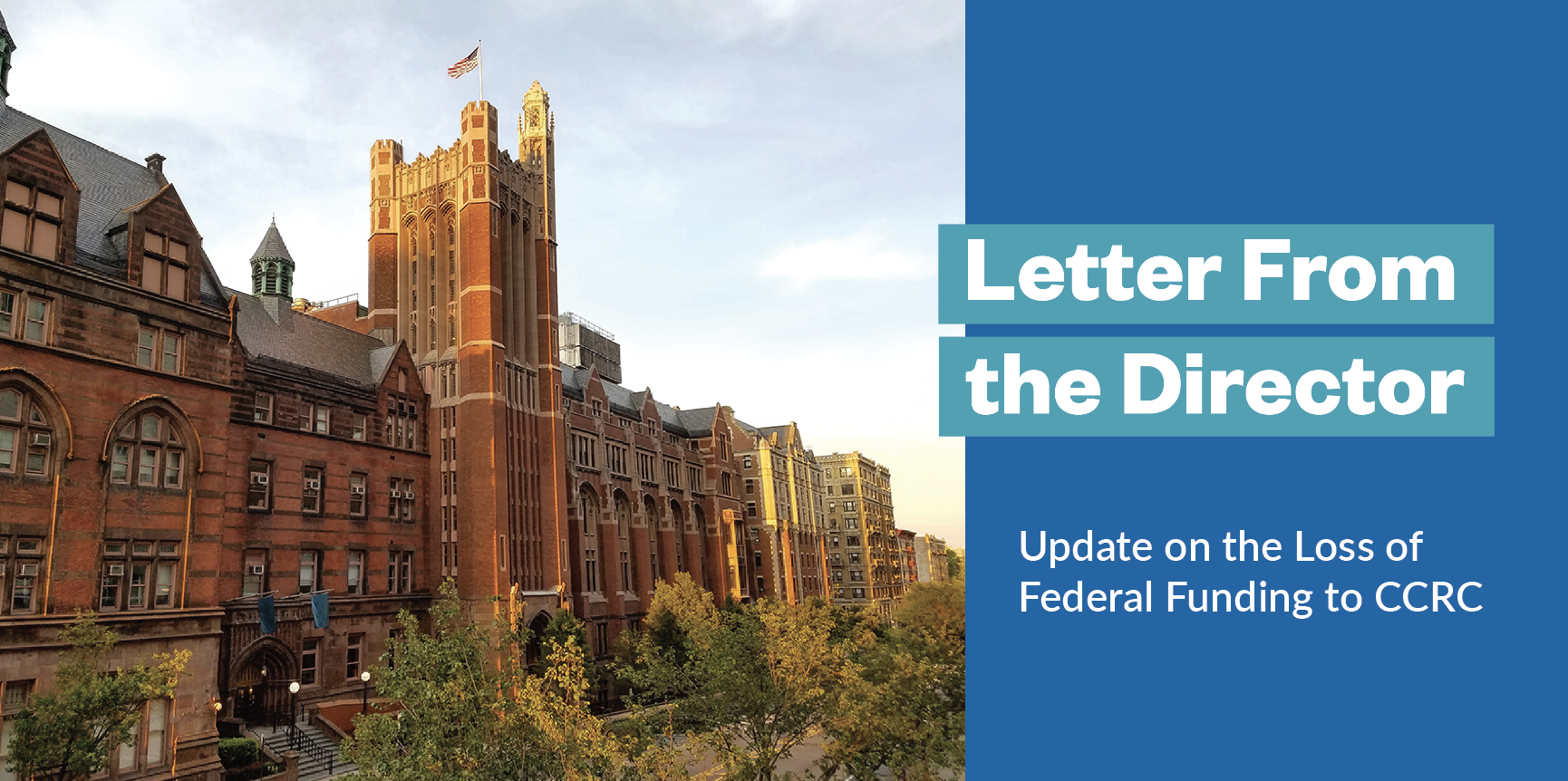On April 15, I posted a letter about the sudden loss of federal funds to the Community College Research Center (CCRC), including four research and training grants from the U.S. Department of Education’s Institute of Education Sciences (IES). On July 23, Columbia University and the Trump administration reached an agreement to reinstate federal research funding. Unfortunately for CCRC, the settlement was limited to grants administered by the U.S. Department of Health and Human Services and the National Institutes of Health; it did not include grants from IES. The exclusion may be due to the administration’s announced plans to close the Department of Education and reduce its staff, which has included layoffs at IES.
As noted in my April letter, IES has a strong track record for funding research that investigates the root causes of education problems and develops and tests potential solutions. In postsecondary education, IES-funded research has led to major advances in the design and delivery of developmental education and student advising, to name just two examples. Among CCRC’s canceled grants were a rigorous evaluation of the effects of the federal work-study program on student outcomes—the first such evaluation in the program’s history—and a research network that provided evidence to states and community college systems on rebuilding enrollment and aligning workforce training to changing labor market needs in the wake of the COVID-19 pandemic.
CCRC has adjusted to its loss of federal funding by reducing staff and drawing on funds that we had reserved in case of a fiscal emergency. We are also fortunate to have longstanding relationships with philanthropic foundations that support our work. We are now pivoting to an environment in which we rely primarily on foundations to advance our mission: to conduct research that strengthens the nation’s community colleges and leads to measurable improvements in student outcomes, including credential attainment, employment, and earnings.
There will never be enough foundation money to replace the loss of federal funding to CCRC and other research organizations. IES played a particularly important role in supporting data collection and analysis on issues of national importance and that met high standards for accuracy and reliability. IES also pushed CCRC and other researchers to communicate findings in forms that are useful and accessible to educators, parents, policymakers, and the public. While its current operations may be diminished, my sincere hope is that Congress and the administration will reaffirm its mission and continue to invest in evidence on which to ground the nation’s education practice and policy.
Thomas Brock is the director of CCRC and was commissioner of the National Center for Education Research at IES from 2013 to 2018.





